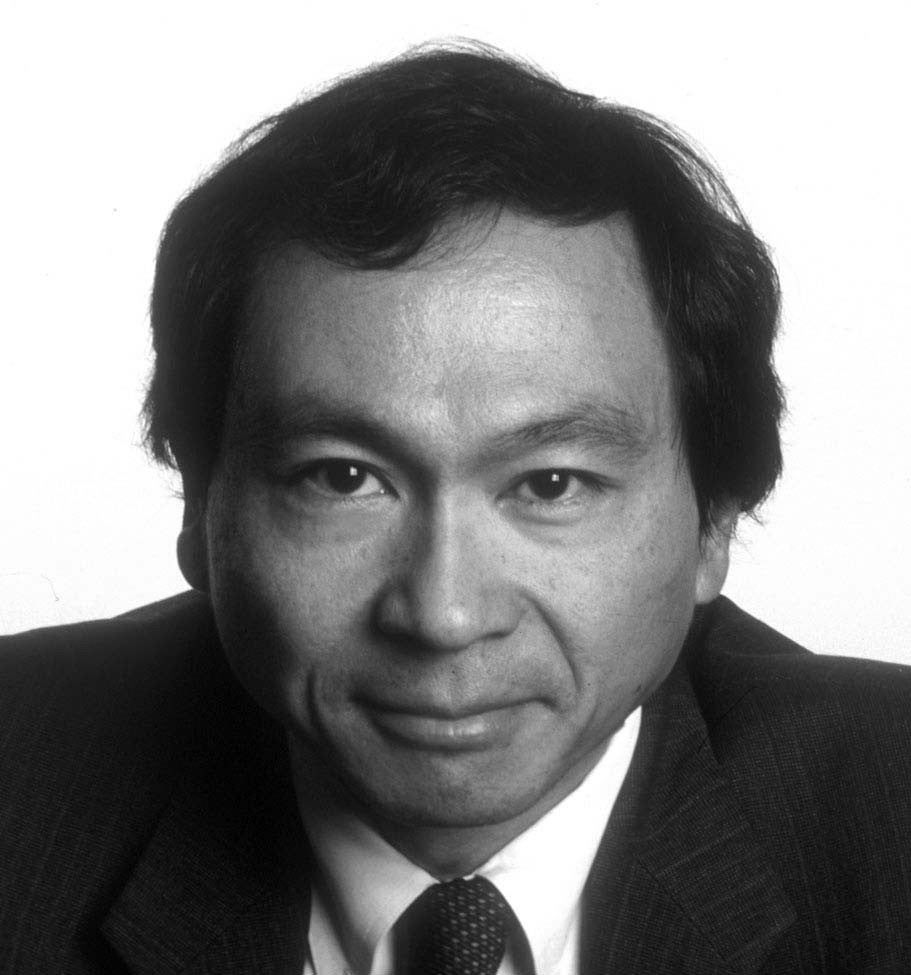Paperback review: Political Order and Political Decay, by Francis Fukuyama: Shrewd, penetrating analysis
Profile books - £12.99

This is the follow-up to Fukuyama’s The Origins of Political Order, which told the story of humanity’s political development from Neolithic times to the French Revolution.
This shrewd, penetrating analysis takes the tale on from the Industrial Revolution to modern globalisation. It’s packed with detail and a range of references including Confucius, Hobbes, Rousseau, Marx, Darwin, Mill and Hayek (one wonders how one person ever found the time to acquire so much knowledge) and is also eminently readable. Fukuyama’s starting position is that any political theory must be rooted in human biology, specifically, the fact that sociability is built on two sources of altruism: kin selection (we’re nice to those we share genes with); and reciprocal altruism (we’re nice to those from whom we can expect favours).
Political institutions can provide new incentives to widen the scope of altruism; but when political institutions break down, we may expect a reversion to family or tribal loyalties. The task, then, is to create institutions which favour co-operation and altruism. They depend on three factors: a state-level society; respect for the rule of law; and democratic accountability.
This is the basic intellectual framework – the chief pleasure of the book is watching Fukuyama explore how this has played out, with analyses of how the modern state developed in countries such as Prussia, the UK and the USA, and how its development stuttered in Greece and Italy. Part two considers the problems of “modernisation without development” in weak states such as Nigeria. It describes how one of the oldest and strongest of states, China, is still struggling to develop a rule of law. But Fukuyama stresses that all states are subject to decay; the question is whether they can adapt and fix themselves when things go wrong.
Subscribe to Independent Premium to bookmark this article
Want to bookmark your favourite articles and stories to read or reference later? Start your Independent Premium subscription today.

Join our commenting forum
Join thought-provoking conversations, follow other Independent readers and see their replies